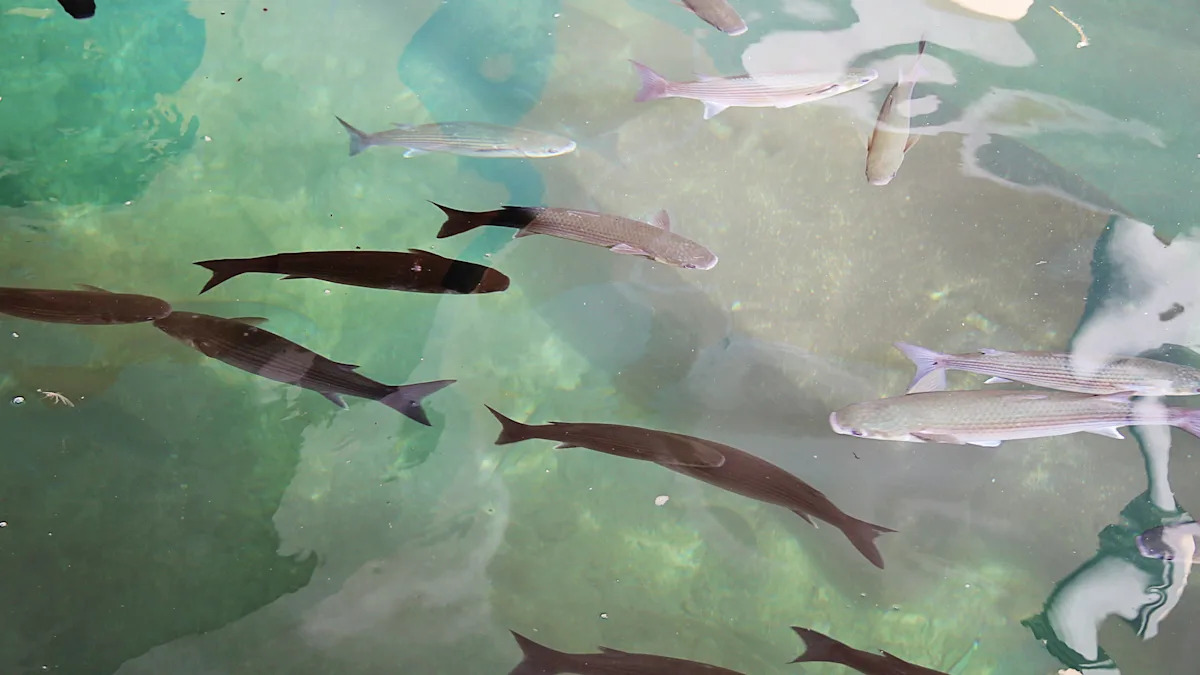New research into alien marine species in the waters of a Mediterranean island has uncovered three new aquatic interlopers, prompting concerns over their potential impact on the ecosystem.
What’s happening?
Times of Malta reports that for the first time, the diamond lizard fish, the wahoo, and the Lagocephalus guentheri, a type of pufferfish, have all been recorded in Maltese waters in the last year. The discoveries were made possible by the assistance of citizen scientists acting under the Spot the Alien Fish campaign, an initiative to help track marine wildlife.
As the campaign notes, the majority, 54%, of alien species arrive in Malta via the Suez Canal through a process known as Lessepsian migration. Most of these invaders aren’t adapted to the conditions and die out fairly quickly without much impact. However, the few that can adapt, about one in ten, establish themselves as invasive species.
Alan Deidun, a marine biologist who published the new research, told The Times of Malta:
“The issue of invasive species is becoming a bigger priority. Many of these species come from the eastern Mediterranean via the Suez Canal, and 90 per cent of all East-West shipping traffic in the Mediterranean passes between Malta and Sicily.”
Why are alien fish species concerning?
Because they are not native to an area, invasive species lack natural forms of control to keep their numbers in check. They inflict significant harm on the ecosystem by outcompeting natives for resources. Similarly, some prey species simply have no defense against invasive predators and suffer massive population declines as a result. For example, Burmese pythons in Florida have decimated native wetland mammals.
Since the Suez Canal opened, connecting the Mediterranean and Red Seas, the Mediterranean has become a hotspot for bioinvasions. Lessepsian migration has had some positives, especially for fisheries, but the impact on native species has been overwhelmingly negative.
What’s being done about invasive fish?
Prevention is the best course of action for invasive species, but this is naturally very difficult given Malta’s geographic position at the heart of the Mediterranean. The question is one of raising public awareness and forming effective strategies to manage the ever-changing situation. Thanks to local citizen scientists taking action, marine biologists like Deidun have a better understanding of the species that inhabit Malta’s waters.
Another novel solution is one that’s been tried elsewhere to good effect: if you can’t beat ’em, eat ’em.
Join our free newsletter for good news and useful tips, and don’t miss this cool list of easy ways to help yourself while helping the planet.

